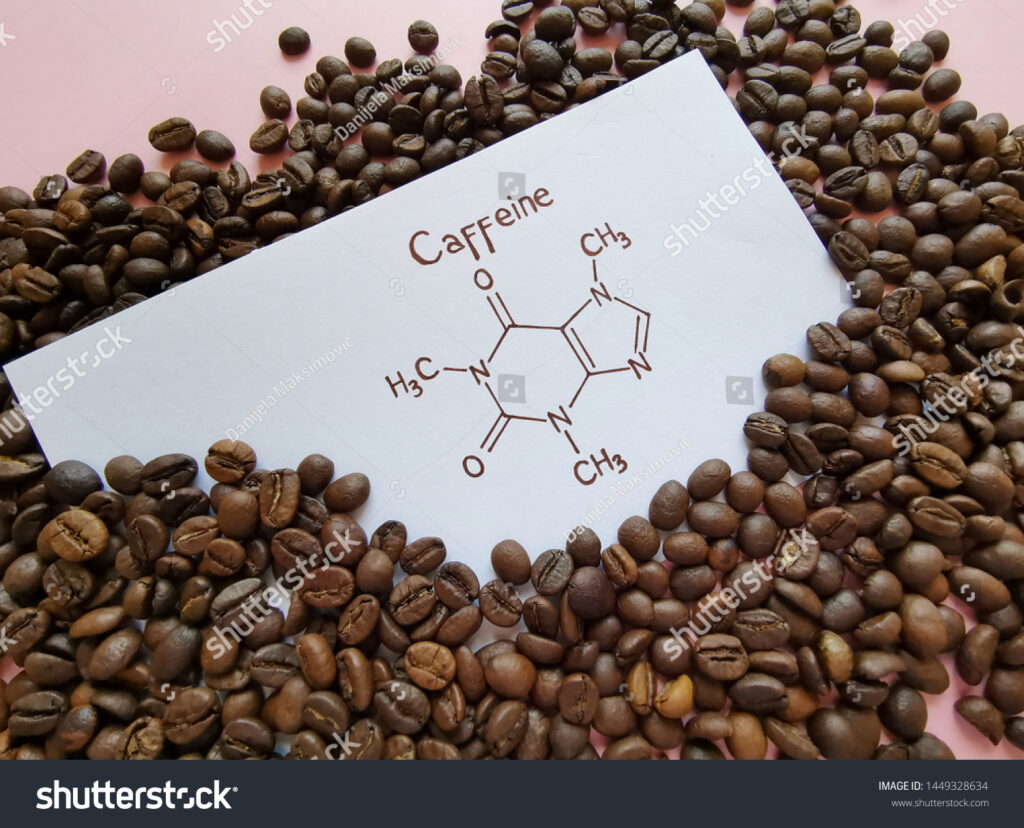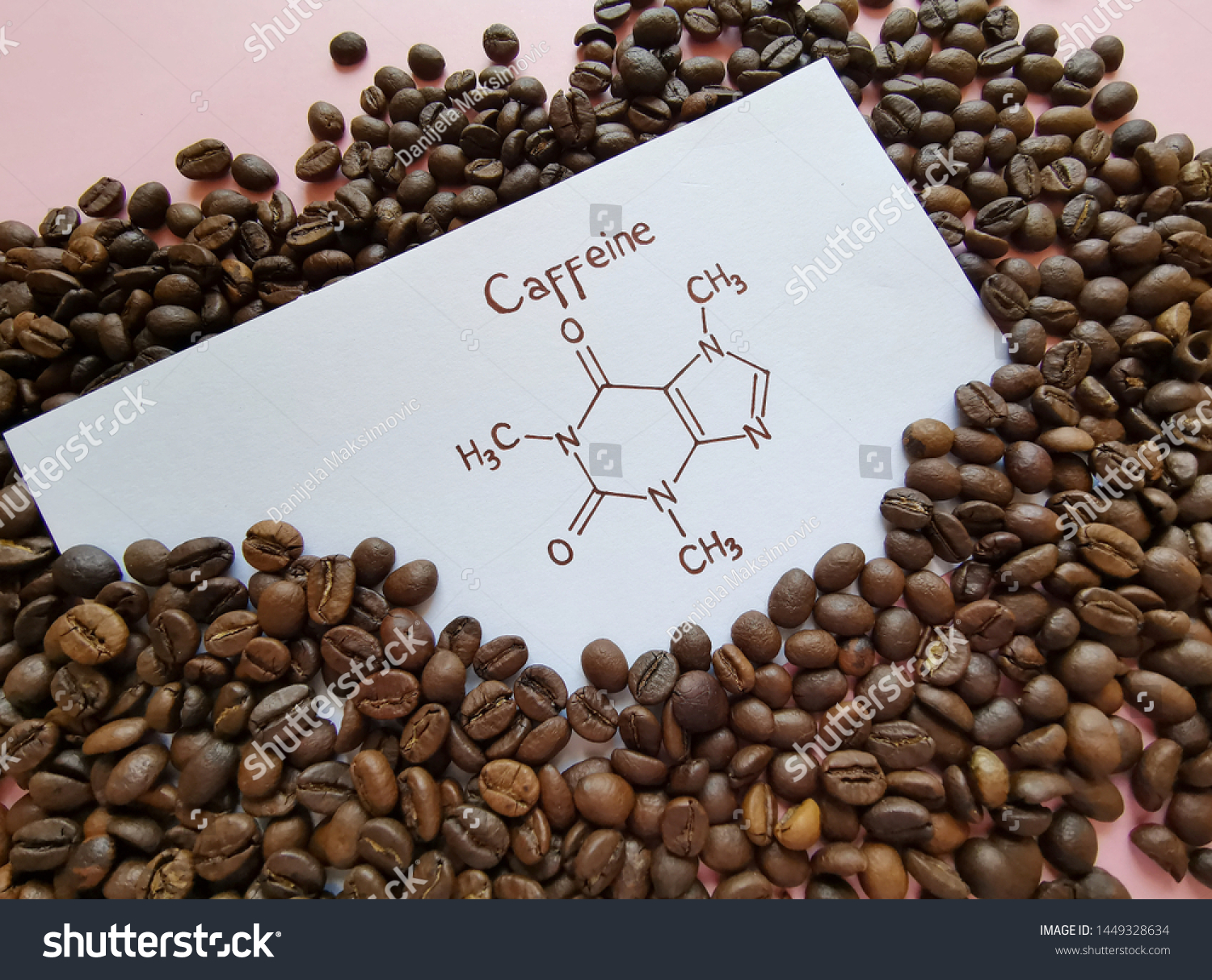
Decoding the Buzz: Understanding Cold Brew Coffee Caffeine Content
In a world increasingly fueled by caffeine, cold brew coffee has emerged as a popular choice for many. Known for its smooth, less acidic taste, it’s often perceived as a gentler alternative to traditional iced coffee. However, a crucial question often lingers in the minds of coffee enthusiasts: How much caffeine does cold brew coffee actually contain? This article delves into the intricacies of cold brew coffee caffeine content, examining the factors that influence it and providing a comprehensive understanding for both casual coffee drinkers and dedicated caffeine aficionados. We will explore the processes involved in creating cold brew, the variables that affect caffeine levels, and how to make informed choices about your daily caffeine intake.
The Cold Brew Process: A Slow and Steady Infusion
The fundamental difference between cold brew and other coffee preparations lies in the brewing method. While traditional coffee is brewed with hot water, cold brew utilizes cold water and a prolonged steeping process. Typically, coarsely ground coffee beans are steeped in cold water for 12 to 24 hours. This slow extraction process results in a concentrate that is then diluted with water or milk before consumption. The extended steeping time is key to the unique flavor profile and the resulting **cold brew coffee caffeine** content.
Unlike hot brewing methods, cold brewing extracts the coffee compounds in a more gradual manner. This slow extraction process contributes to the lower acidity levels often associated with cold brew. However, the extended contact time between the coffee grounds and water can lead to a higher concentration of certain compounds, including caffeine. This is a critical factor in understanding the **cold brew coffee caffeine** levels.
Factors Influencing Cold Brew Coffee Caffeine Levels
Several variables play a significant role in determining the **cold brew coffee caffeine** content. Understanding these factors allows consumers to make informed choices based on their individual caffeine sensitivity and preferences. These factors include:
- Coffee Bean Type: The type of coffee bean used has a significant impact. Robusta beans generally contain significantly more caffeine than Arabica beans. When purchasing cold brew, consider the bean type if you are monitoring your caffeine intake.
- Roast Level: The roast level affects the caffeine content. Contrary to popular belief, darker roasts often have slightly less caffeine than lighter roasts due to some caffeine degradation during the roasting process. However, the difference is often minimal.
- Coffee-to-Water Ratio: The ratio of coffee grounds to water directly impacts the concentration of caffeine. A higher coffee-to-water ratio will typically yield a cold brew concentrate with a higher caffeine content. This is a critical aspect of **cold brew coffee caffeine** concentration.
- Grind Size: The coarseness of the grind influences the extraction process. Coarser grinds are generally preferred for cold brew, but the grind size can affect the rate of extraction and thus, caffeine levels.
- Steeping Time: The longer the coffee grounds steep, the more caffeine is extracted. However, there’s a point of diminishing returns. Over-extraction can lead to bitter flavors rather than significantly higher caffeine. This is directly related to **cold brew coffee caffeine** potency.
- Dilution: The final caffeine content is also determined by the dilution ratio. A stronger concentrate, when diluted, will still yield a higher caffeine content per serving than a weaker concentrate.
Comparing Cold Brew Caffeine to Other Coffee Drinks
Comparing the caffeine content of cold brew to other popular coffee beverages provides valuable context. While generalizations can be misleading, some trends are noticeable. [See also: Comparison of Coffee Caffeine Levels]
In general, cold brew tends to have a higher caffeine content per serving compared to traditional iced coffee, which is typically made by brewing hot coffee and then chilling it. The **cold brew coffee caffeine** content can be significantly higher, depending on the factors listed above.
Espresso-based drinks, such as lattes and cappuccinos, can vary widely in caffeine content depending on the number of espresso shots used. However, a single shot of espresso generally contains less caffeine than a typical serving of cold brew concentrate. However, the final **cold brew coffee caffeine** concentration is heavily dependent on dilution.
Here’s a simplified comparison (note that these are estimates, and actual values can vary):
- Cold Brew (8oz): 150-250mg caffeine (This range accounts for the variability in the brewing process). This is a key component of understanding **cold brew coffee caffeine** information.
- Iced Coffee (8oz): 90-150mg caffeine
- Espresso (1 shot): 60-75mg caffeine
Caffeine Content and Health Considerations
Understanding the **cold brew coffee caffeine** content is crucial for managing caffeine intake, especially for those sensitive to its effects. Excessive caffeine consumption can lead to various side effects, including:
- Anxiety and nervousness
- Insomnia and sleep disturbances
- Increased heart rate and blood pressure
- Digestive issues
The FDA recommends a maximum daily caffeine intake of 400mg for healthy adults. Individuals should monitor their caffeine intake from all sources, including coffee, tea, energy drinks, and certain foods. Consider the **cold brew coffee caffeine** level when planning your daily coffee consumption.
Pregnant women, breastfeeding mothers, and individuals with certain medical conditions should consult with their healthcare providers regarding appropriate caffeine intake. [See also: Caffeine Intake Guidelines]
Making Informed Choices About Cold Brew
Consumers can take several steps to make informed choices about their **cold brew coffee caffeine** consumption. These include:
- Check the Label: Many commercially available cold brew products provide caffeine content information on their labels.
- Ask Your Barista: If purchasing cold brew from a coffee shop, inquire about the caffeine content and the brewing process used.
- Brew at Home: Brewing your own cold brew allows for greater control over the coffee-to-water ratio, steeping time, and bean selection, enabling you to customize the caffeine level.
- Experiment with Dilution: Adjust the amount of water or milk added to your cold brew concentrate to control the caffeine concentration in your cup.
- Consider Decaf Options: If you enjoy the taste of cold brew but want to reduce your caffeine intake, consider using decaffeinated coffee beans. This offers a low-caffeine alternative while preserving the smooth flavor profile. This is a great way to still enjoy **cold brew coffee caffeine** free.
The Future of Cold Brew and Caffeine Awareness
As cold brew continues to gain popularity, consumer awareness of its caffeine content is likely to increase. Coffee companies are increasingly providing detailed information about their products’ caffeine levels, and consumers are becoming more educated about the factors that influence caffeine content. The understanding of **cold brew coffee caffeine** will continue to evolve.
Innovation in cold brew preparation is also ongoing. Some companies are experimenting with new brewing methods and bean selections to optimize flavor and caffeine content. As the market evolves, consumers will have even more choices and greater control over their caffeine intake. It is important to understand the **cold brew coffee caffeine** content for optimal coffee consumption.
Ultimately, the key to enjoying cold brew responsibly is to be informed. By understanding the factors that influence caffeine content, monitoring your intake, and making conscious choices, you can savor the unique flavor and smoothness of cold brew coffee without unwanted side effects. Always consider your personal sensitivity to caffeine, and be mindful of the **cold brew coffee caffeine** levels when making your selections. Understanding the **cold brew coffee caffeine** levels is key. Finally, understanding the **cold brew coffee caffeine** levels is essential for any coffee enthusiast.


